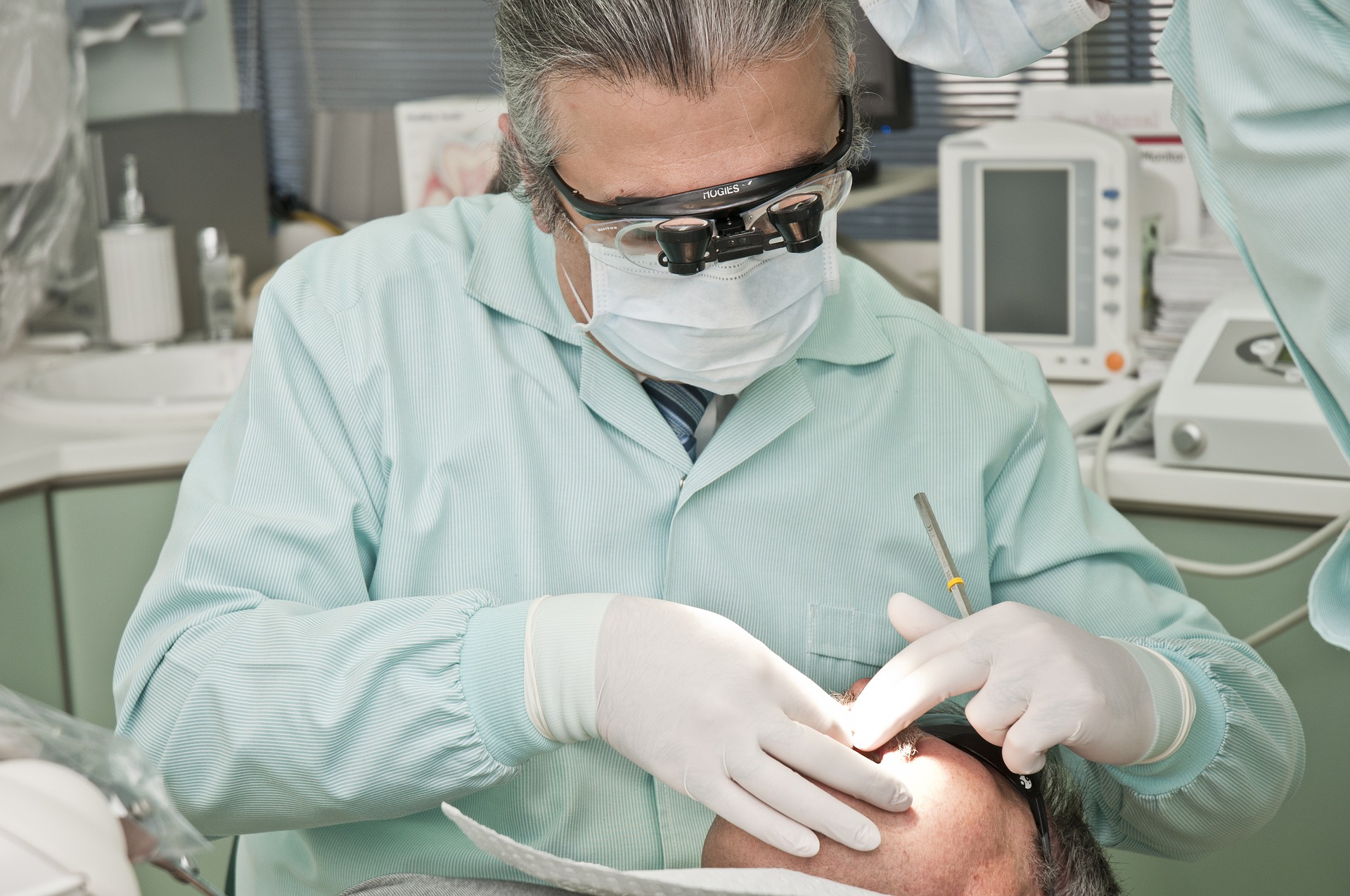Quality Sleep and its Influence on Testosterone Levels
Lack of quality sleep can have a significant impact on testosterone production and overall hormone levels. It is crucial to prioritize getting enough sleep to maintain optimal testosterone levels,as it directly affects various aspects of our health,including sexual function,energy levels,and mood.
Inadequate sleep decreases testosterone production
When we don’t get enough quality sleep,it can lead to a decrease in testosterone production. Studies have shown that men who experienced poor sleep or insufficient sleep had lower levels of testosterone compared to those who got adequate rest. This decline in testosterone can result in various symptoms such as low libido,decreased muscle mass,fatigue,and even increased stress levels.
Aim for 79 hours of uninterrupted sleep per night
To ensure proper hormone regulation and maintain healthy free testosterone levels,it is recommended to aim for 79 hours of uninterrupted sleep per night. This duration allows your body ample time for the restorative processes that occur during deep sleep stages. By consistently meeting this target,you provide your body with an opportunity to optimize its hormonal balance.
Create a conducive sleep environment
Creating a conducive sleep environment plays a vital role in ensuring the quality of your sleep. Here are some tips to help you achieve this:
Keep your bedroom cool,dark,and quiet: These conditions promote relaxation and deeper sleep.
Invest in a comfortable mattress and pillows: A good-quality mattress that suits your preferences can significantly enhance the quality of your rest.
Remove electronic devices: The blue light emitted by smartphones or tablets can interfere with melatonin production,making it harder for you to fall asleep.
Use blackout curtains or an eye mask: These tools can help block out any unwanted light sources that may disrupt your slumber.
Establish a consistent sleep schedule
Maintaining a consistent sleep schedule helps regulate your internal body clock and improves the overall quality of your rest. Try to go to bed and wake up at the same time every day,even on weekends. This consistency allows your body to establish a natural sleep-wake cycle,making it easier for you to fall asleep and wake up feeling refreshed.
Avoid stimulants like caffeine before bedtime
Consuming stimulants such as caffeine close to bedtime can interfere with your ability to fall asleep and achieve deep sleep stages. It is advisable to avoid consuming caffeinated beverages or foods several hours before going to bed. Instead,opt for herbal teas or other decaffeinated alternatives that promote relaxation.
The impact of stress and blood sugar levels on sleep quality
Stress and fluctuating blood sugar levels can also affect the quality of your sleep,which in turn influences testosterone levels. Chronic stress increases cortisol production,which can disrupt normal hormone balance. Imbalanced blood sugar levels may lead to frequent awakenings during the night.
To mitigate these effects:
Practice stress management techniques: Engage in activities such as meditation,deep breathing exercises,or yoga to reduce stress levels.
Maintain a balanced diet: Consume meals that are rich in whole grains,lean proteins,fruits,and vegetables while avoiding sugary snacks or processed foods close to bedtime.
Limit alcohol consumption: Alcohol may initially make you drowsy but can disrupt your sleep cycle later in the night.
By addressing these factors and implementing healthy lifestyle habits conducive to quality sleep,you can positively influence your testosterone levels and overall well-being.
Remember that prioritizing adequate sleep is not only important for maintaining optimal hormone levels but also for supporting various aspects of your health. By taking steps towards improving your sleep quality today,you invest in a healthier future with enhanced vitality and well-being.





